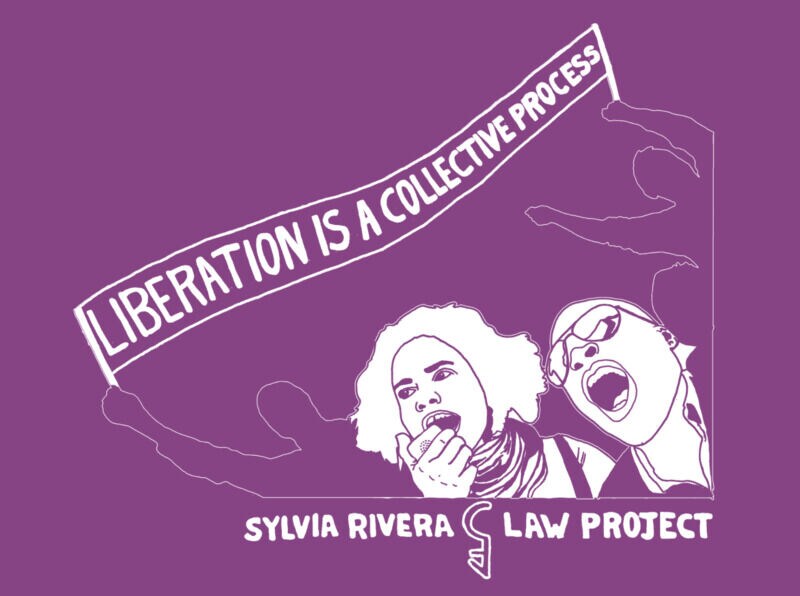
The Sylvia Rivera Law Project Advocates for Self-Determinacy
Kalin Ned — June 11, 2021 — Social Good
References: srlp.org
The Sylvia Rivera Law Project is an organization built on the belief that "all people [should be able] to self-determine their gender identity and expression, regardless of income or race, and without facing harassment, discrimination, or violence." As such, it works to support minority groups in their fight for racial, social, and economic justice by making "respectful and affirming social, health, and legal services for communities." The project is named after Sylvia Ribera (1951-2002) who was a civil rights pioneer, a veteran of the 1969 Stonewall uprising and had a "loud and persistent voice for the rights of people of color and low-income queers and trans people."
Projects like the Sylvia Rivera Law Project are important ones to support as it does the groundwork in addressing much of the issues LGBTQ+ community members and radicalized folks are experiencing today.
Image Credit: Sylvia Rivera Project
Projects like the Sylvia Rivera Law Project are important ones to support as it does the groundwork in addressing much of the issues LGBTQ+ community members and radicalized folks are experiencing today.
Image Credit: Sylvia Rivera Project
Trend Themes
1. Supporting LGBTQ+ Legal Rights - The growing acceptance of the LGBTQ+ community highlights an opportunity for innovative legal organizations to support minority groups in self-determinacy.
2. Promoting Social Justice for Minority Groups - Advocacy groups like the Sylvia Rivera Law Project pave the way for companies who want to promote social justice and meaningful change.
3. Increasing Access to Affirming Services - A growing need for respectful and affirming social, health, and legal services for minority communities presents an opportunity for businesses to meet this demand.
Industry Implications
1. Legal Services - Law firms and legal service organizations can offer support to underrepresented communities and promote diversity and inclusion within their practices.
2. Non-profit Organizations - Non-profit organizations can advocate for social change while providing direct support to marginalized communities.
3. Healthcare Services - Hospitals, clinics, and medical providers can offer more culturally competent care to LGBTQ+ community members and marginalized populations.
2.6
Score
Popularity
Activity
Freshness























